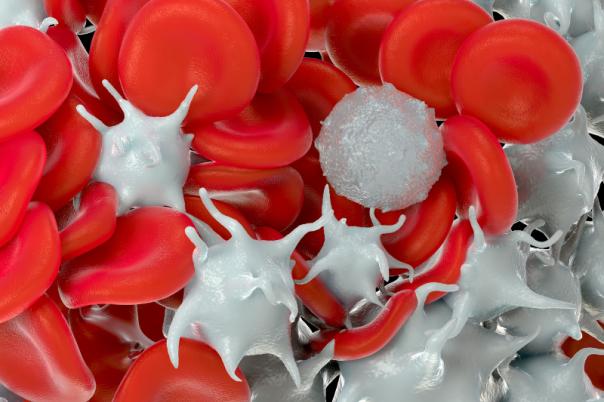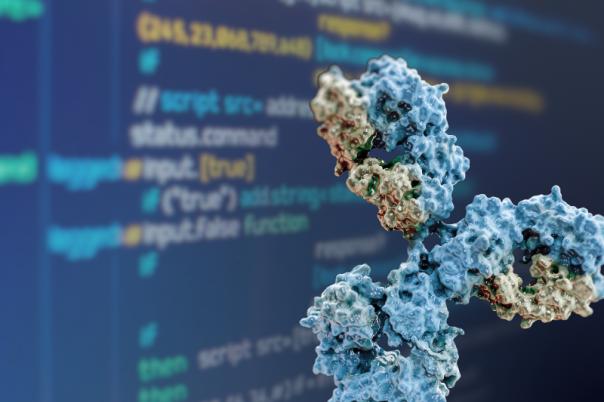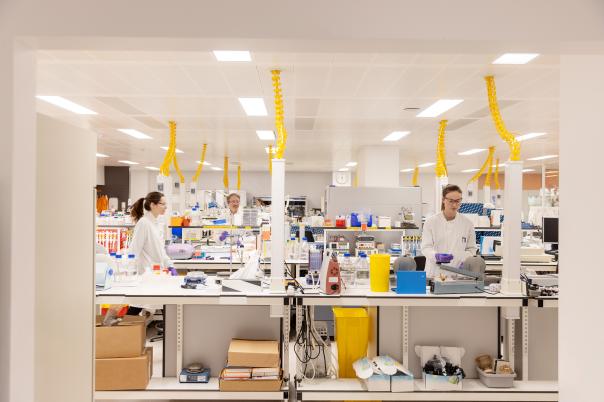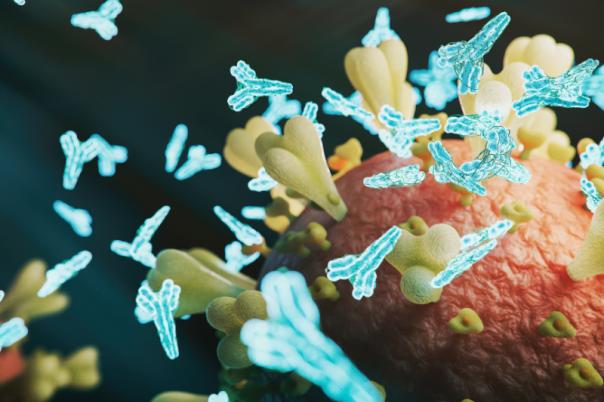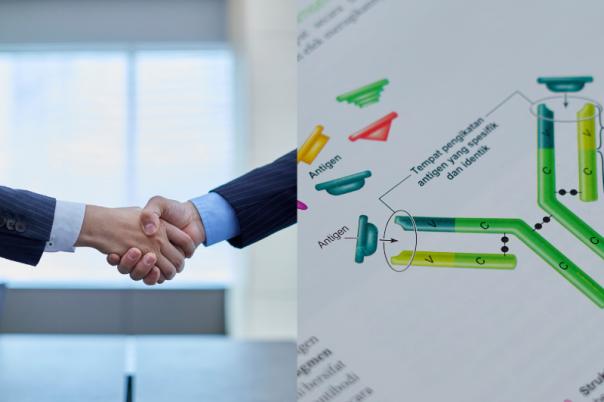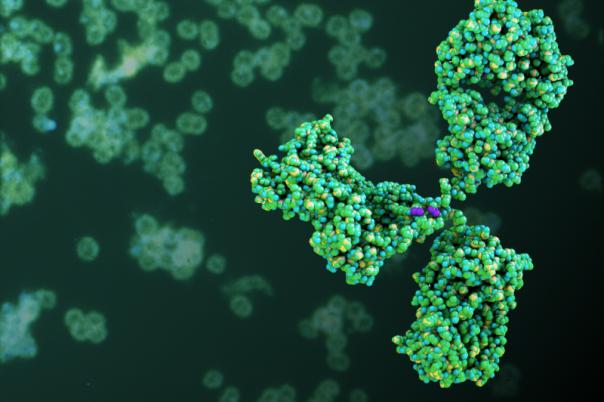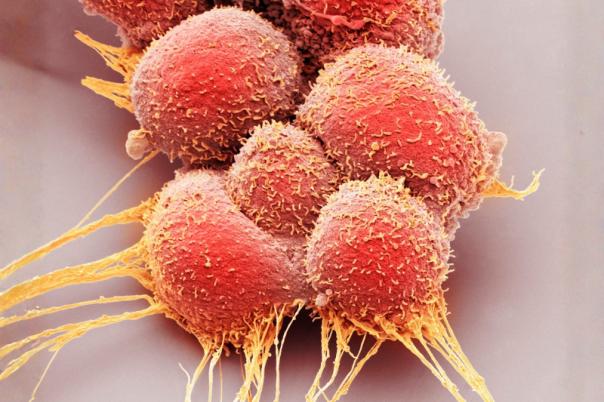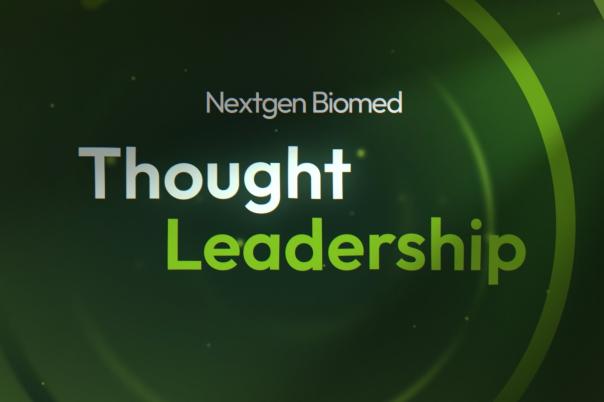AI-enabled RNA sequencing company, Biostate AI, will partner with Weill Cornell Medicine in New York to develop machine learning models to assist in delivering personalised treatments for cancer. The project will initially focus on the prognosis of leukaemia, aided by the Weill Cornell Leukemia Program’s vast biorepository of bone marrow and blood samples.
David Zhang, Biostate’s co-founder and CEO said: “Current personalised medicine approaches look only at one or a few key biomarkers for each disease. This results in poor predictive accuracy because every patient is different, and we are not looking at the whole picture of a patient's health or disease.”
He continued: “We aim to revolutionize patient treatment via precise AI-driven decisions on whether to prescribe treatments such as bone marrow transplants and BCL-2 inhibitors. This may ultimately lead to patients living longer and healthier lives."
The Boston-based biotech will bring their proprietary technology to the agreement: barcode-integrated reverse transcription (BIRT). This tool will be used to analyse RNAseq expression data from patient samples at scale.
Those data can then be used to train and fine-tune a transformer-based AI model. Biostate describes this model as using RNA expression as its "language." The two partners hope to build and validate an AI model which can stratify acute myeloid leukaemia (AML) subtypes, determine disease prognosis, and select therapies for patients.

